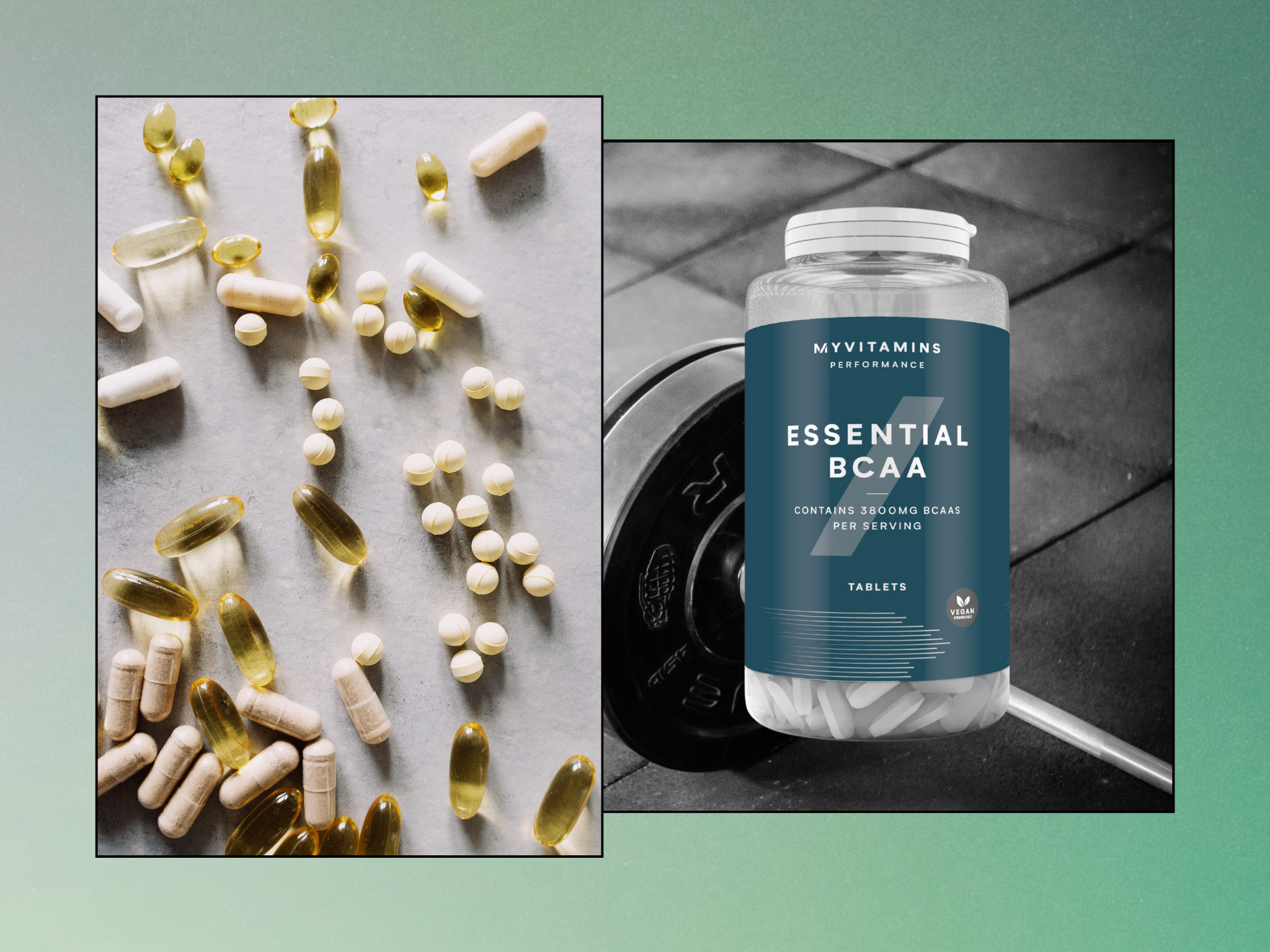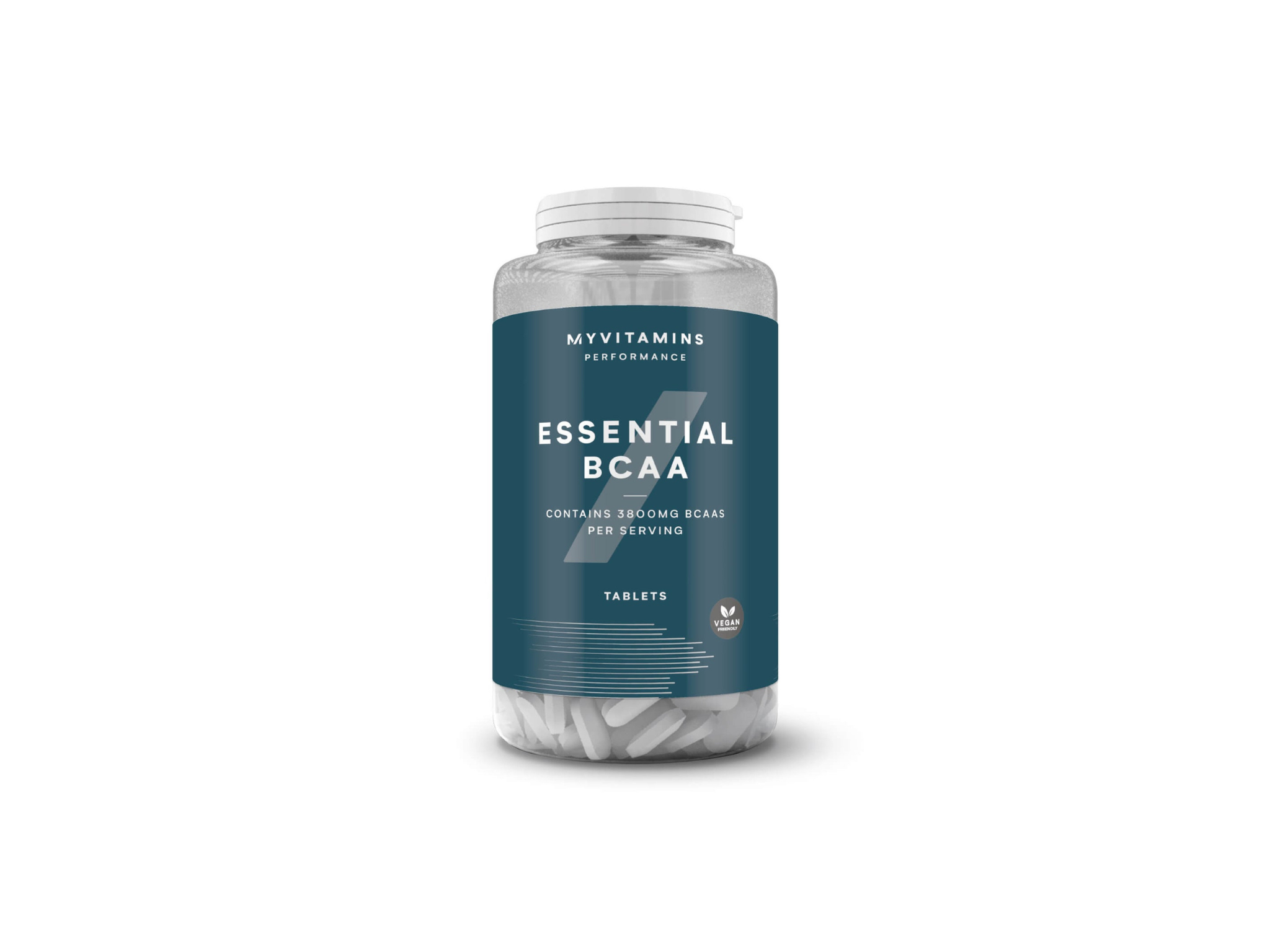The Independent's journalism is supported by our readers. When you purchase through links on our site, we may earn commission.
What are amino acid supplements and why do they matter for fitness?
If you train hard in the gym, these athlete-approved supplements could make all the difference to your workout.

Your support helps us to tell the story
From reproductive rights to climate change to Big Tech, The Independent is on the ground when the story is developing. Whether it's investigating the financials of Elon Musk's pro-Trump PAC or producing our latest documentary, 'The A Word', which shines a light on the American women fighting for reproductive rights, we know how important it is to parse out the facts from the messaging.
At such a critical moment in US history, we need reporters on the ground. Your donation allows us to keep sending journalists to speak to both sides of the story.
The Independent is trusted by Americans across the entire political spectrum. And unlike many other quality news outlets, we choose not to lock Americans out of our reporting and analysis with paywalls. We believe quality journalism should be available to everyone, paid for by those who can afford it.
Your support makes all the difference.You’ve probably heard of amino acids, they’re the building blocks of protein they’re found in all kinds of foods and produced naturally by the human body too. They’re vital for myriad processes, like building neurotransmitters and supporting hormone production.
They’re also responsible for muscle health and energy supply, which is why you’ll find amino acid supplements in the gym bags of athletes and bodybuilders.
If you exercise intensely and work hard to build and repair muscle regularly, amino acid supplements might just be beneficial to you, but there are many different kinds, and each serves a slightly different purpose.
Here, we take a deep dive into what they are, the health benefits and the supplements to buy.
Read more: I took maca powder for three months – here’s why you should too
What are amino acid supplements?
Each type of amino acid supplement contains a different combination of the nine essential aminos – phenylalanine, valine, tryptophan, threonine, isoleucine, methionine, histidine, leucine, and lysine. These all perform different functions in the body. There are 20 amino acids but of the nine essentials, which our bodies need to function and perform, these supplements will contain a combination, or all nine, depending on which type you take.
- BCAAs – Standing for branched-chain amino acids, BCAAs are supplements that help with workout recovery and athletic performance, especially during longer exercise sessions. Some studies show that as well as helping to build and send energy to muscles, BCAAs might also prevent muscle breakdown which can lessen delayed onset muscle spasms and speed up your ability to bounce back post workout. BCAAs contain three of the nine essential amino acids – leucine, isoleucine, and valine.
- L-carnitine – This is another amino acid supplement used by professional athletes. It plays a similar role in sending energy to muscles, speeding up metabolism and helping gain muscle mass without additional calories. It’s fast acting and can also help with supporting muscle recovery. It contains the amino acids lysine and methionine.
- EAAs – Standing for essential amino acids, EAAs are supplements that contain all nine essential amino acids. These supplements promote muscle growth, help to repair muscle tissue after exercise, increase energy and endurance and contribute to the quality of your metabolic and digestive health.
- L-glutamine – This is one of the most popular amino acids but it isn’t one of the nine essentials. Glutamine naturally occurs in protein, which helps to build and repair new muscle, and many people supplement it to speed up recovery and support new tissue growth. The body only produces small amounts of glutamine and the rest of your intake is dependent on the food you eat, so these supplements are especially popular with those who are keen to supplement a protein-rich diet.
Why take amino acid supplements?
Amino acids are found in protein-rich foods such as meat, fish, hard cheese, milk and soybeans. Many people find that they’re able to get what they need from a balanced diet, however, some people struggle to incorporate enough protein-rich foods on a daily basis. This becomes more of an issue when you bring exercise and muscle growth into the mix. In order to grow muscle and maintain strength, amino acids are needed in varying quantities. The more you train, the more energy you’ll burn, so you’ll need protein and the aminos it contains to keep going.
Taking amino acid supplements without exercising will not increase your muscle, but if you work out a lot, they can make a difference to how well your muscles recover, how healthy they are and how well they can grow. People who train often also take amino acid supplements because, in comparison to protein-rich food, they’re more fast acting.
Amino acids in protein-rich food can take three to four hours to absorb into the body, whereas in supplement form, absorption takes just 30 minutes. This makes these sorts of supplements ideal for people who have a strict schedule or who want to top up their amino acid intake.
Generally you should take your amino acid supplements twice a day between meals. However, some people also take them before bed. This is because while you sleep, your body is in a catabolic state and BCAA levels in the body drop. If you take BCAA’s before bed, you’re able to slowly feed your body amino acids helping your muscles to recover and repair while you sleep.
What are the other benefits of amino acid supplements?
Along with muscle health, amino acids support gut health too. They play a vital role in regulating gut microbiome, immunity and intestinal growth. One of the benefits of taking L-glutamine for example is that it can help with bloating. Ideal if you’re eating a lot of protein-rich foods and taking something like creatine which can cause you to bloat.
These supplements are also good for your hair. Hair is mainly made from a protein called keratin and to produce this, the body needs sufficient amino acids. A diet rich in aminos will help with hair growth and health, so supplementing can also support healthy hair and give new growth a helpful boost.
The amino acid supplement to buy
Myvitamins essential BCAA supplements: Was £11.99, now £5.58, Myprotein.com

Myvitamin’s BCAA tablets contain an optimal 2:1:1 ratio of leucine, isoleucine, and valine, all of which naturally occur in protein, which helps to build and repair new muscle. Plus, each capsule also includes vitamin B6, which is linked to brain development and keeping the nervous system and immune system healthy. The inclusion of three essential amino acids makes the tablets super-convenient, whether you’re looking to gain muscle or tone-up. It is recommended to take two tablets, twice daily.
The Verdict: Amino acid supplements
If you already have a lot of protein in your diet and don’t exercise much, amino acid supplements probably aren’t necessary for you. However, if you train a lot, are very athletic and struggle to consume enough protein to support muscle growth and recovery day to day, these supplements could give you the extra support your body needs.
Looking for more dietary supplements? We’ve rounded up the best protein powders and the best magnesium supplements
